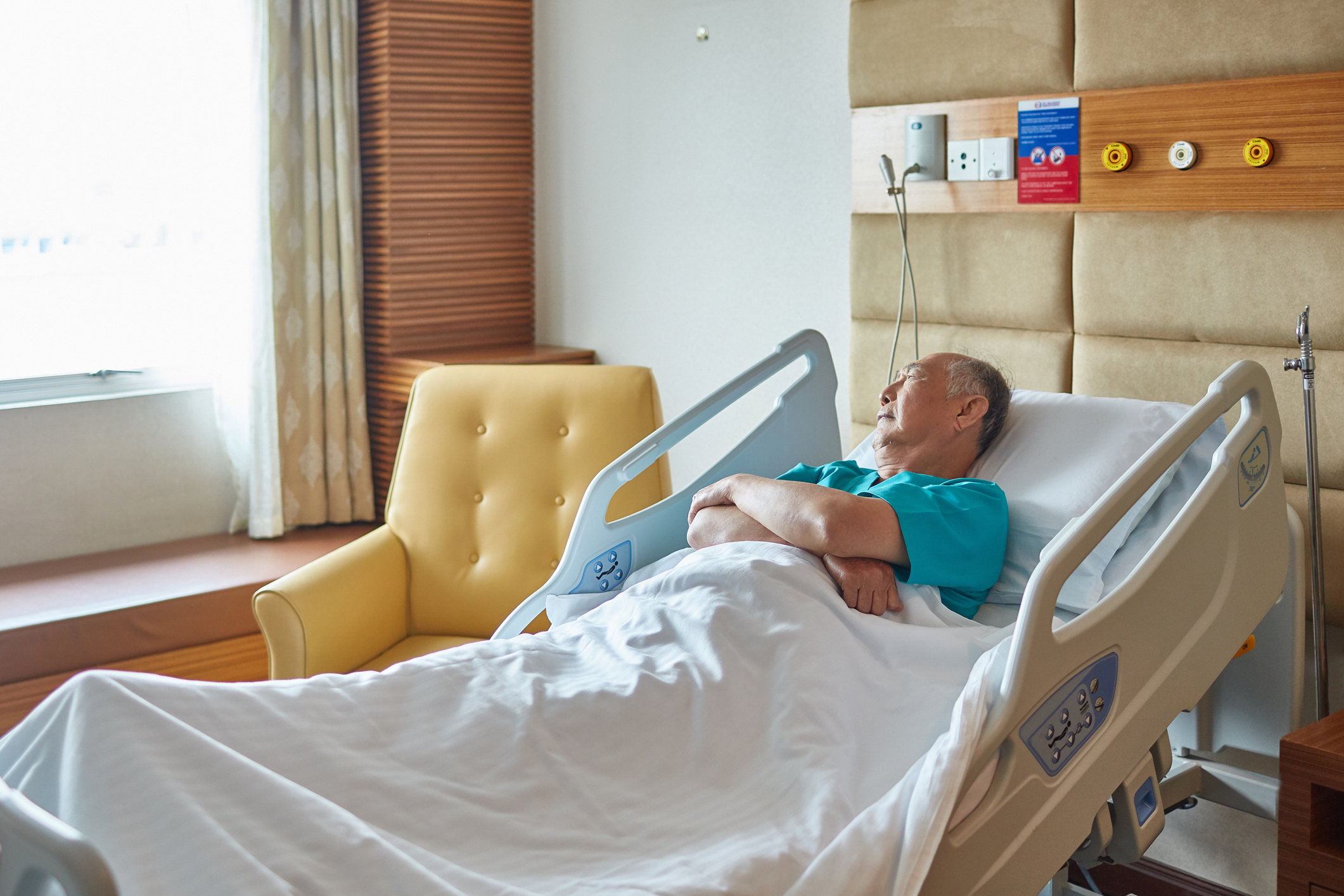
A new approach is being developed to treating delirium in seniors during hospitalization.
A hospital stay is never something a senior looks forward to, but at least there’s the reassuring fact that the necessary care and treatment are going to be delivered to provide healing. But what happens when the outcome isn’t as expected, and the senior winds up with a new health concern? More and more often, a startling condition is emerging: treating older adults for delirium during hospitalization.
Coined “ICU psychosis” by geriatrician Sharon Inouye of Harvard Medical School, hospital delirium is both “underrecognized and underdiagnosed.” And possibly even more concerning, in up to 40% of the cases, the condition is preventable in older adults. It is thought to be brought on by the bright, active atmosphere that makes sleeping difficult, or by a particular kind of medication a senior has been prescribed, such as an anti-anxiety or a narcotic prescription.
Research studies are showing that the longer an older adult remains in the hospital, the greater chance she or he will develop hospital delirium. And the impact may be both long-lasting and severe. An incredible eight out of ten adult ICU patients exhibited markedly lower cognitive test outcomes than normal (according to age and education predictors), in spite of the fact that only six percent had any cognitive impairment prior to the hospitalization. Furthermore, up to 2/3 of the patients showed a level of impairment that would be expected in a person with mild dementia or even a traumatic brain injury.
It’s not possible to simply avoid hospitalizations for seniors, so what’s the ideal way to manage this concern? One particular solution is a program called HELP, Inouye’s Hospital Elder Life Program. It is currently offered in 200 hospitals across the United States and is making strides in preventing and treating delirium during hospitalization through visits from trained volunteers who offer assistance to help older adults stay oriented.
Inouye is also using the CAM scale (Confusion Assessment Method) in order to evaluate awareness of potential delirium, and is working to encourage alternate techniques to address anxiety – such as the comfort of a companion in the place of strong anti-anxiety medications.
Absolute Companion Care, a provider of award-winning home care in Towson, MD and nearby areas, is also here to help in in numerous ways, once an older adult returns home. Our knowledgeable home care team can:
- Offer warm and friendly companionship
- Provide medication reminders
- Prevent falls in the home
- Pick up groceries and prepare healthy meals
- And so much more
Our home care services are available to help older adults avoid the re-hospitalizations which can lead to hospital delirium. When a hospital visit is needed, we can help older adults transition back comfortably and safely to home and keep a close eye on their condition.
Email or give us a call at 410-357-9640 for a free in-home consultation to discover more about our home care in Towson, MD and the surrounding areas, and how we are able to improve health outcomes for an older adult you love.
